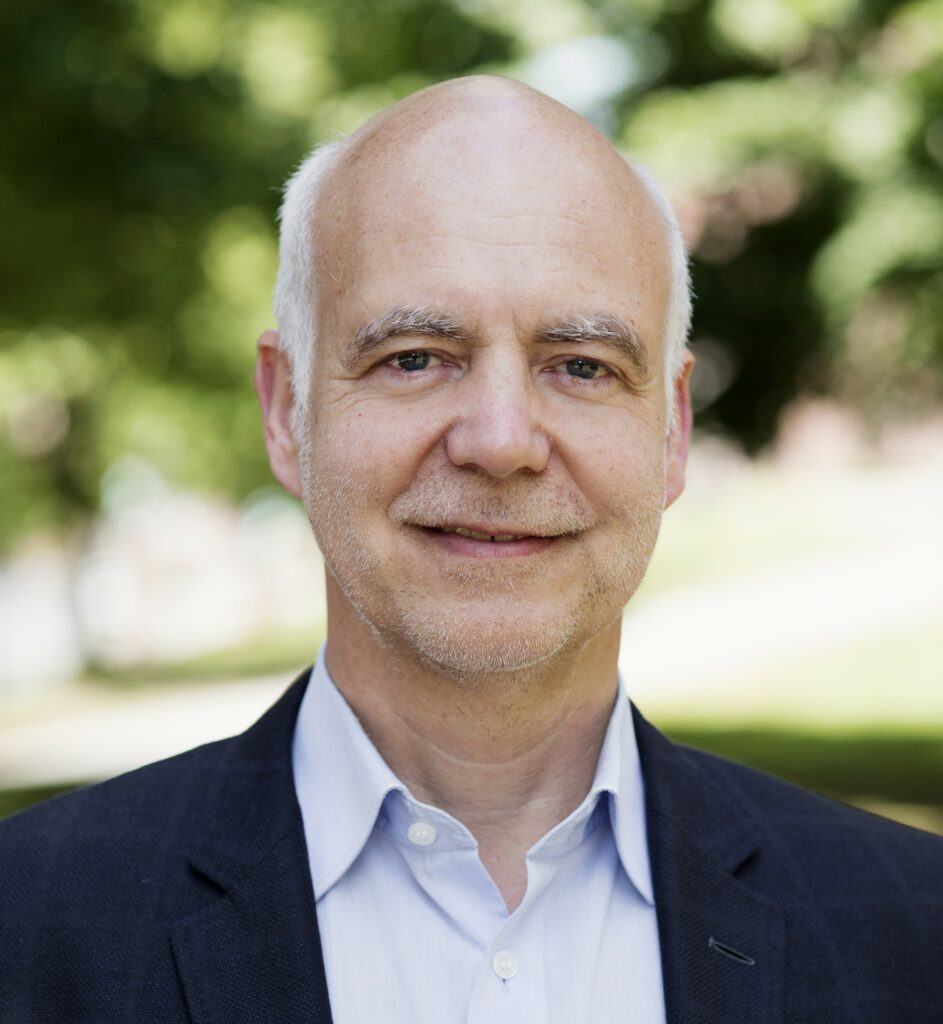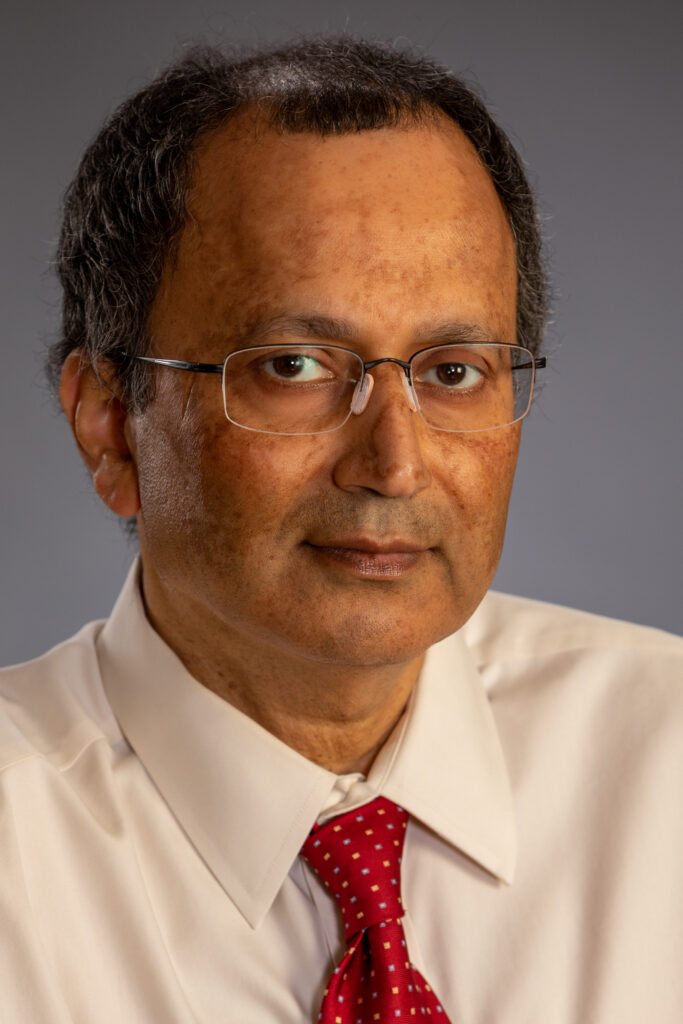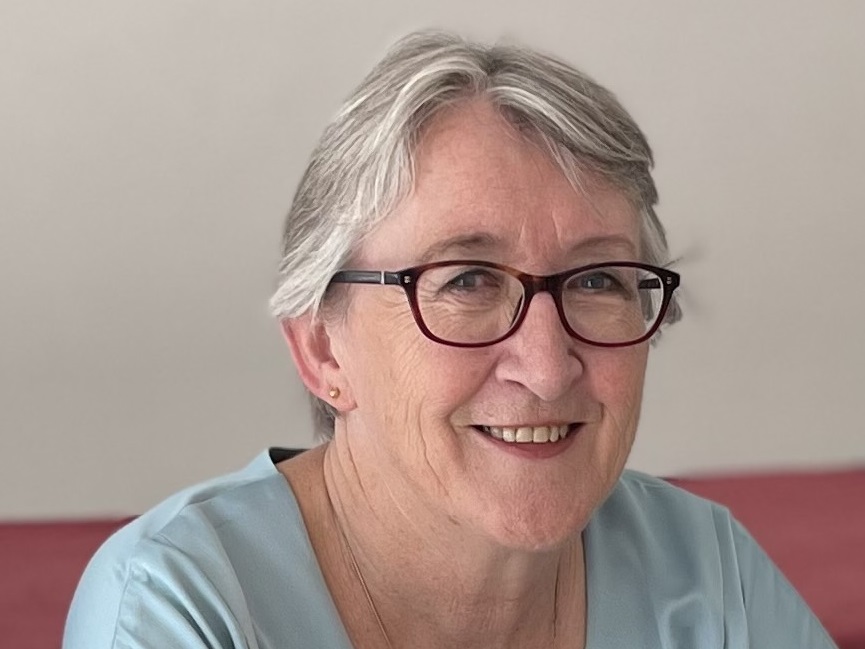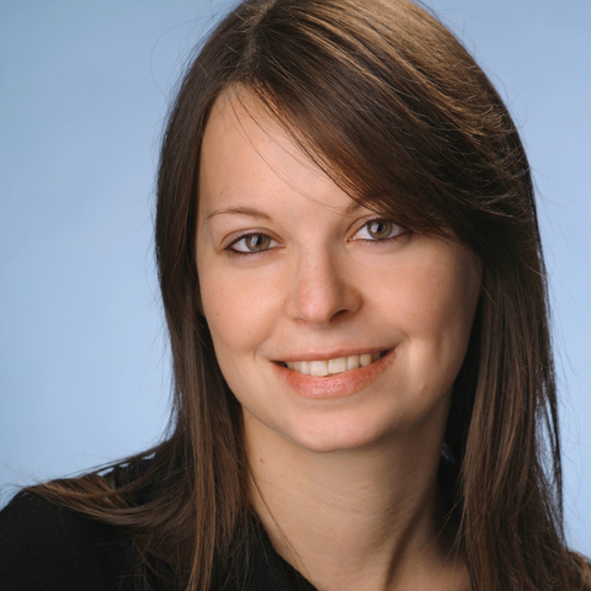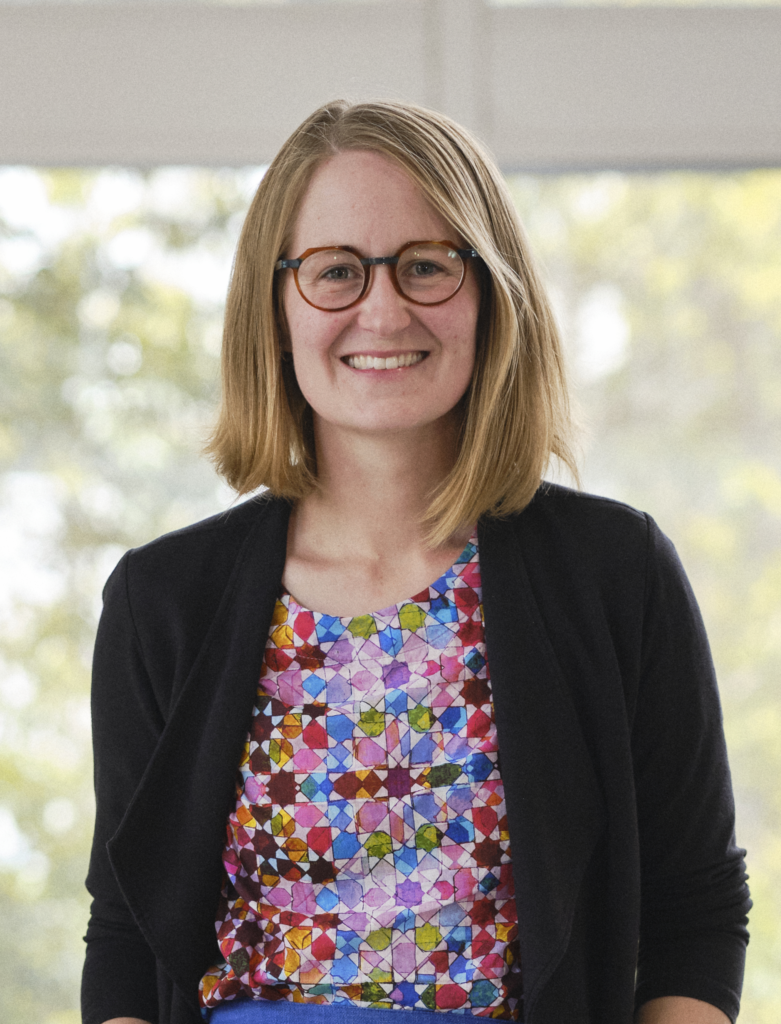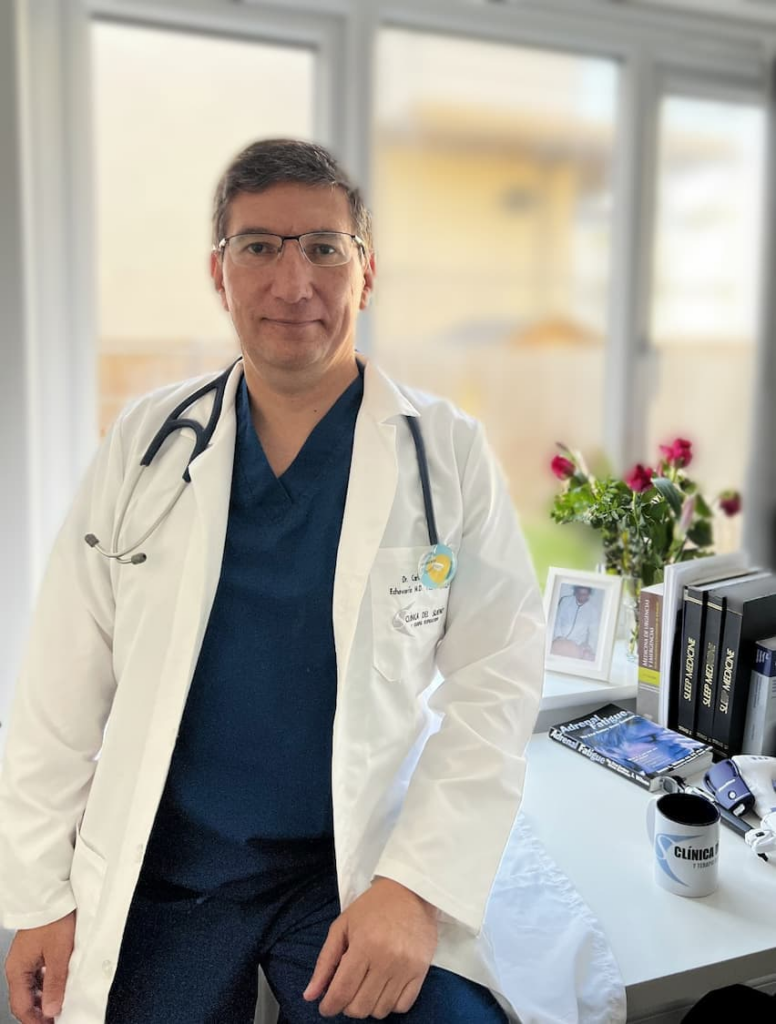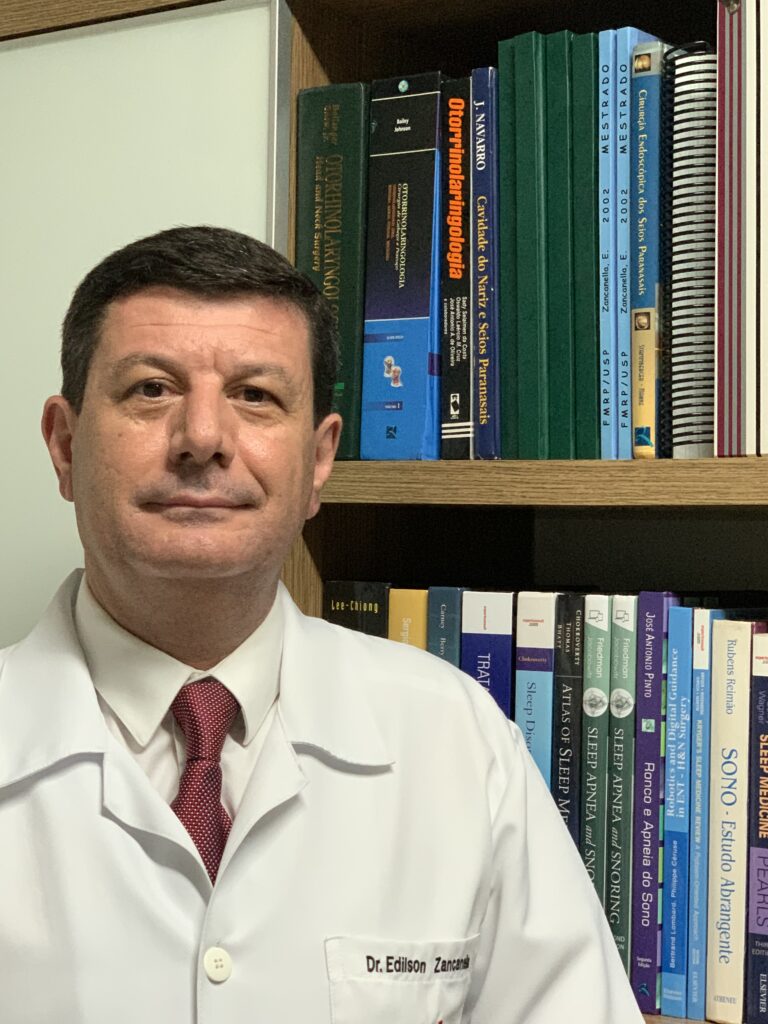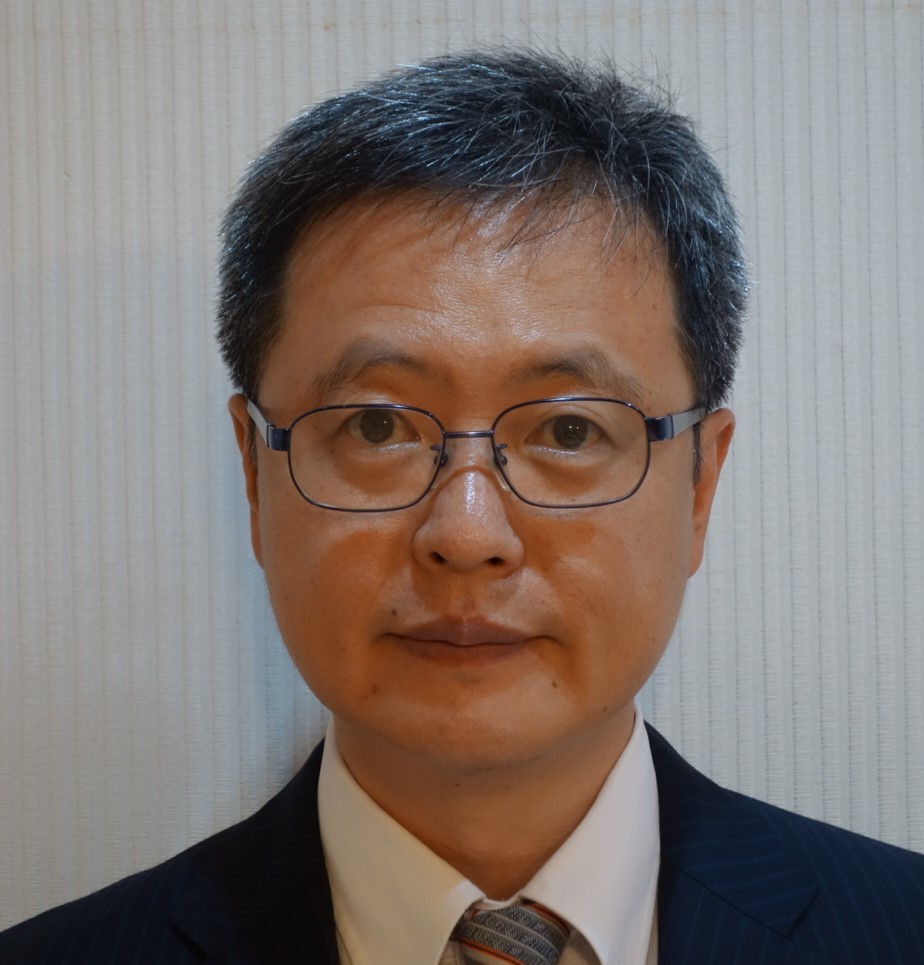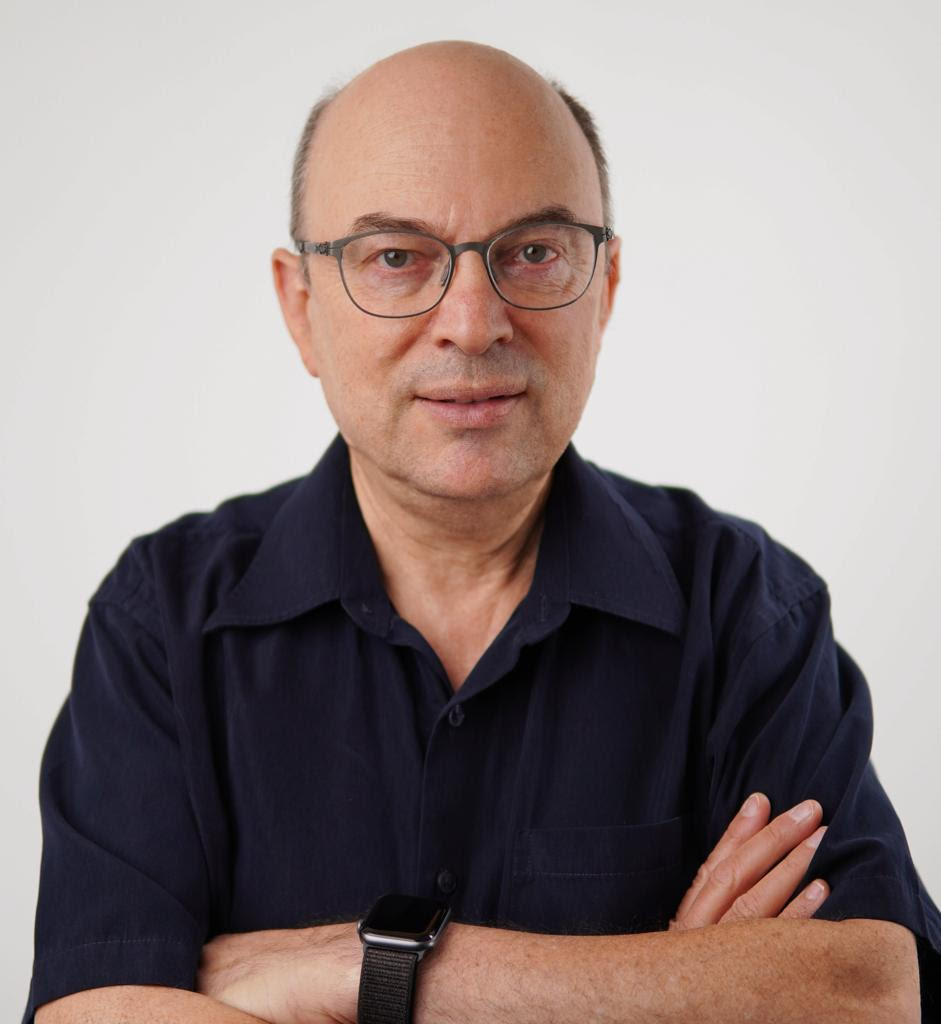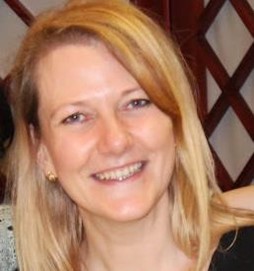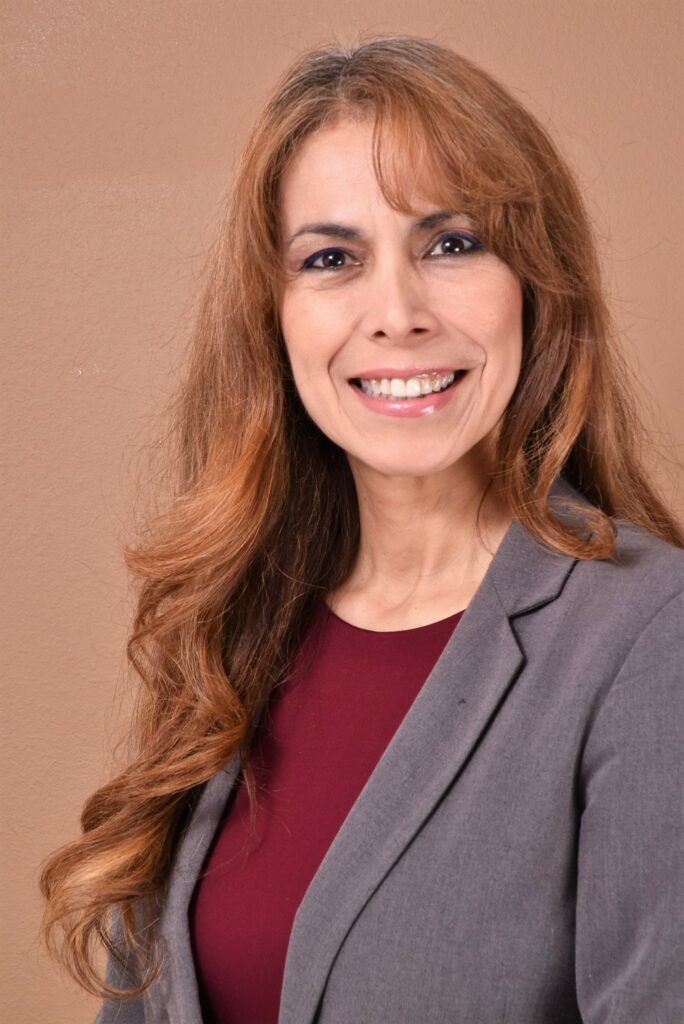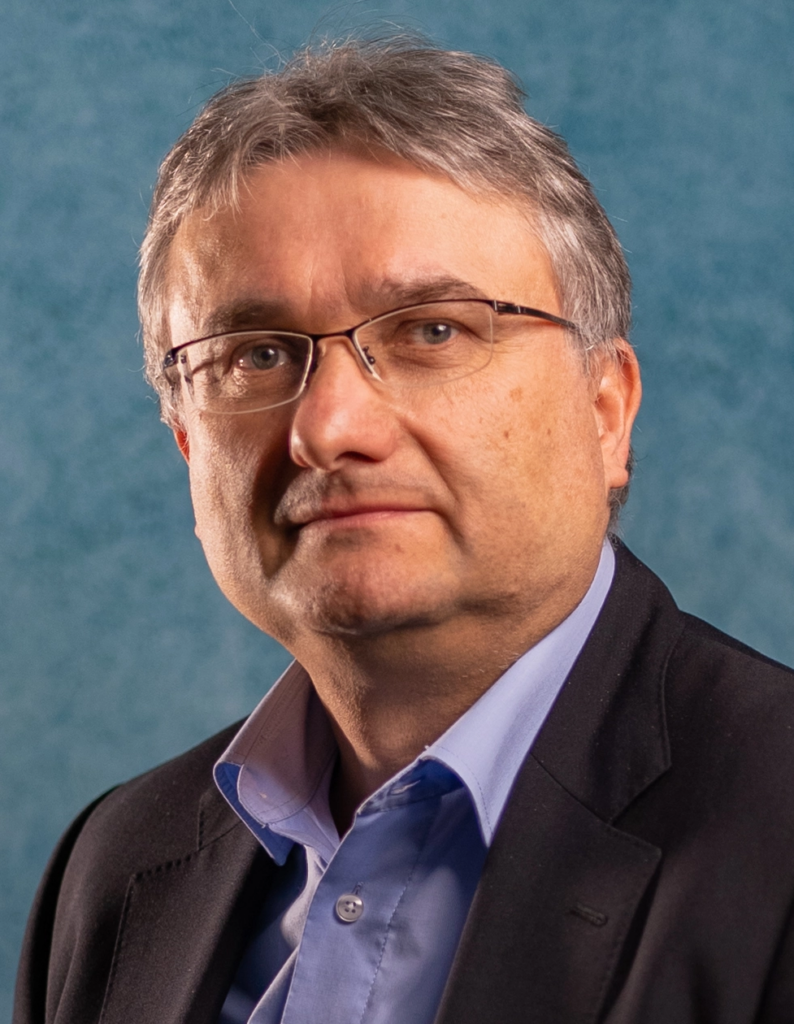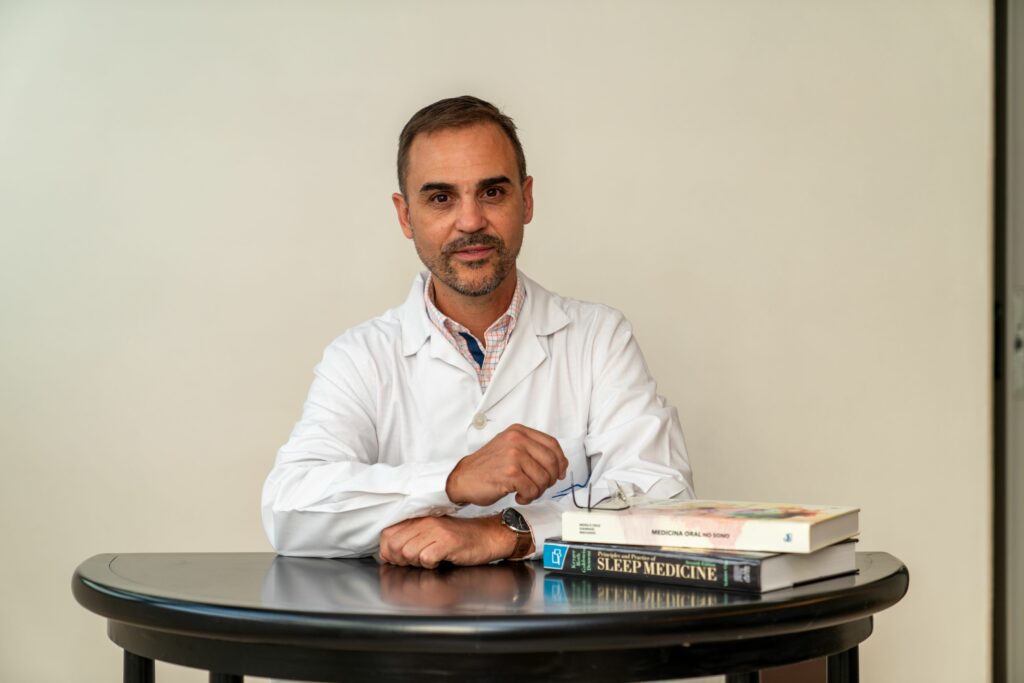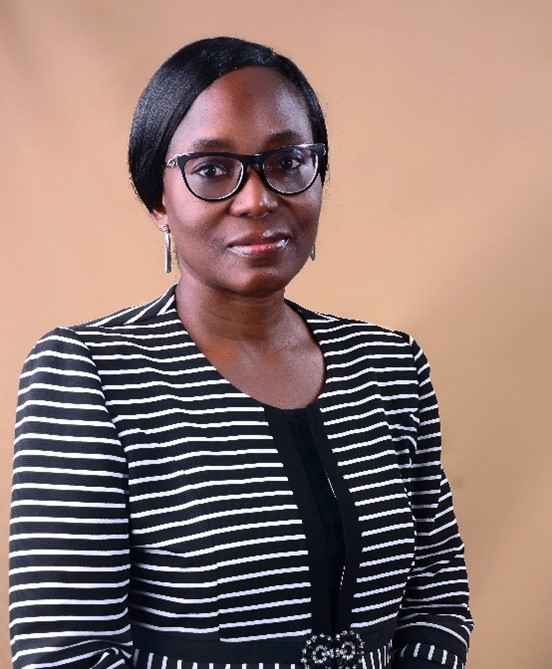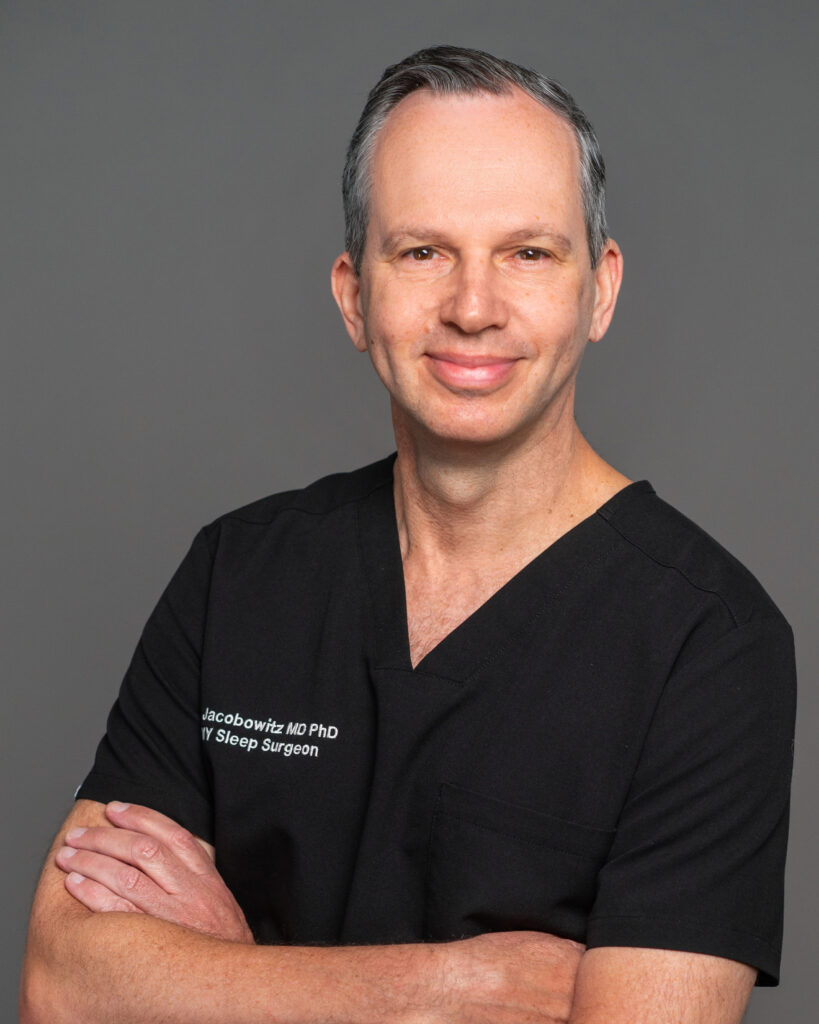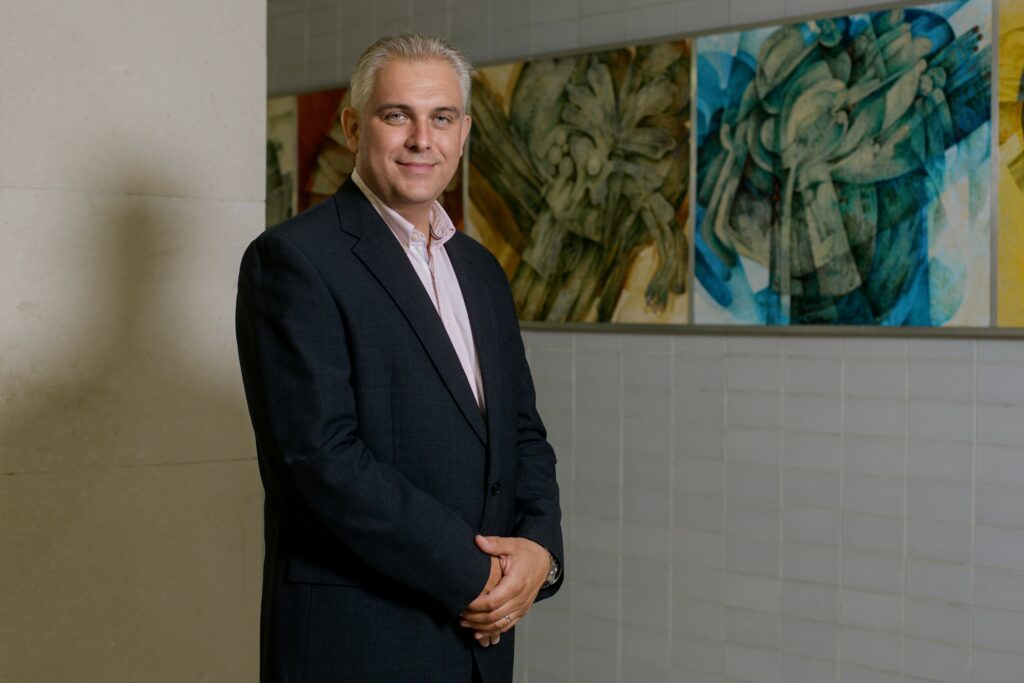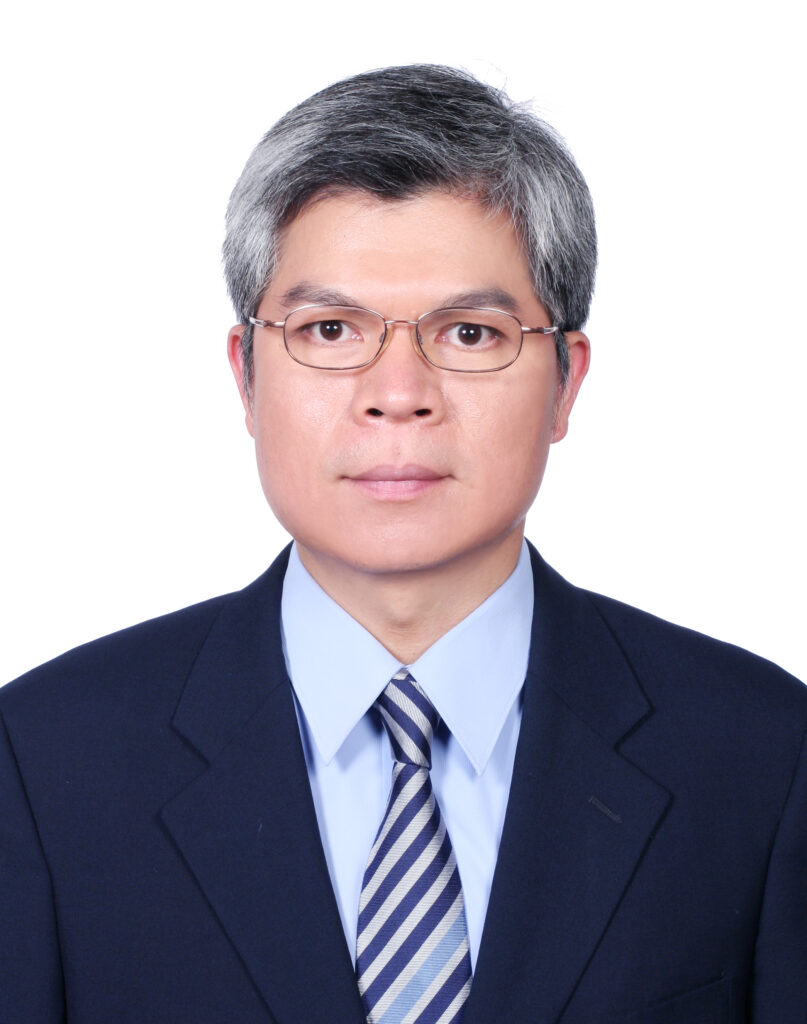2023 Candidate Biographies and Vision Statements
For President-Elect Position: Listed in alphabetical order by last name.
Penzel, Thomas (Germany)
Title: Scientific Chair of the Interdisciplinary Center of Sleep Medicine
Thomas Penzel graduated from physics (1986), human biology (1991), and physiology (1995) at the University Marburg, Germany. With a team he built up one of the first sleep medicine centers in internal medicine starting in 1982, still being a student. In 2006 he moved to Berlin where he is the director of research of the Interdisciplinary Sleep Medicine Center at the Charité – Universitätsmedizin Berlin (Germany). In 2001, he received the Bial award for Clinical Medicine in Portugal, in 2008 the Bill Gruen Award for Innovations in Sleep Research by the American Sleep Research Society, and in 2014 the distinguished research award by the Chinese Sleep Research Society. He is involved in Biomedical Engineering and was IEEE EMBC 2019 conference chair, distinguished lecturer and is IEEE fellow. He is president of the German Sleep Society and Vicepresident-elect publications of IEEE EMBS. He is editor-in-chief of the journal Sleep and Breathing, and editorial board member of other journals. He has published over 400 journal papers (Pubmed), 80 book chapters, and edited 18 books.
His mission for WSS is
- Strengthen sleep medicine as an interdisciplinary science and medical field
- Keep basic science and applied clinical work strongly together, because only the combination brings knowledge forward
- Support telemedicine services, digitalization, and new technologies for diagnosis and treatment of sleep disorders, because this is a particular strength in sleep compared to other medical domains.
ORCHID: 0000-0002-4304-0112
https://schlafmedizin.charite.de/
Thomas, Robert (United States)
Dr. Thomas is Professor of Medicine, Harvard Medical School, with a background in Internal Medicine, Neurology and Sleep Medicine. He has been deeply engaged in WASM/WSS processes and development from the onset of the association. His research spans cognition in relation to sleep and its disorders, signal analysis in sleep medicine, sleep- breathing outcomes, and functional imaging of cognition in sleep disorders. He holds twelve patents and has been involved in developing several innovative approaches to diagnose and treat complicated forms of sleep apnea and has articulated a new approach to sleep physiology termed “sleep effectiveness”, which is a cross-physiology integrative approach to characterizing sleep state using cardiopulmonary coupling estimates. His laboratory generates novel approaches and analysis tools for probing sleep signals – ECG, EEG, respiration and multi- signal integration approaches. His grant funding portfolio includes K23, an RC1, multiple R01’s, R21’s, SBIR’s, a CADET-II program, and Foundation grants. He developed an FDA-approved wearable device – the SleepImage system. He is an acknowledged expert in the treatment of central and complex sleep apnea and periodic breathing, utilizing CO2 regulation and multi-modal approaches. He runs a Circadian Medicine program and has described a novel circadian hypersomnia syndrome. He has developed auto-CPAP algorithms from concept through regulatory submission, now in FDA approved products. He is the Associate Director of the AASM accredited clinical sleep center and Director of the Institute for Personalized Sleep Health and created the ACGME accredited sleep medicine training program at the Beth Israel Deaconess Medical Center, Boston.
My vision for the future of the World Sleep Society
Some specific items I would like any WSS leadership to take on – (examples)
1. Industry interactions need substantial re-think from the standpoint of driving and demanding specific innovations that enhance patient care world-wide. “Academic Think” alone does not benefit patients.
2. Setting standards and challenging memberships in individual countries to present and implement a plan to respond to the needs of the vast numbers of undiagnosed and untreated patients. That is, become more patient centric. The WSS needs to generate and published patient care access and metrics from all participating countries (e.g., ratio of sleep trained MD’s to population, sleep testing resources, diagnosis and treatment of sleep disorders/population)
3. There is sufficient evidence that the AASM scoring manual is scientifically obsolete. There is a whole new universe of information that needs to be integrated – rather than just trying to make a better horse cart we need to get on to a spaceship, but an affordable one, using technology, machine learning, and computational power that is so freely available. Automated analysis of signals is the only way for large scale implementation, including spectral analysis, epoch free sleep designations, alternate state and signal EEG analysis. Increasingly, signal collection is becoming cheaper and accurate, but analysis lags behind. I believe that the WSS should undertake a Sleep Mapping Manual which builds out on the current foundations and integrates the various methods that are floating around, at least solidifying the methodology and providing a blueprint for development. This will enhance sleep medicine in developed and developing nations (from a sleep medicine sense).
4. Set up a WSS-accredited clinical trials network based on sleep centers and individuals with substantial sleep expertise to systematically perform clinical trials. A form of crowdsourcing.
5. I think the WSS is overly focused on the near-term health of its membership, but we need a much longer-term perspective and plan as well. We (sleep medicine) have an unfortunately well-deserved reputation of “taking care of ourselves only”. We need to provide value to others (e.g., heart failure, cognition disorders, stroke – specialists who take care of such patients) by formally developing co-management programs through interactions with the respective bodies in each country.
6. Create, test and implement the blueprint of a pyramidal or “queen-bee” structure for sleep medicine: with the sleep-trained physician at the peak (or the queen), directing the lower components of the pyramid. There is absolutely no chance that training or certifying a few physicians here and there will make tangible difference to the care of the vast majority patients. I have seen this play out in India, where I have been teaching since 1997. For practical purposes, the fate of the average patient in India with a serious sleep disorder has no chance of proper access to care. This blueprint needs to consider a new cadre of sleep medicine providers, the worker bees, the base of the pyramid. These non-MD’s could be trained large scale (tens of thousands – Internet-based teaching), with the essential skills to implement management plans and protocols. The obvious initial target are experienced Sleep Technologists, who would like to transition to a “day” job – they already have highly relevant skills and knowledge.
7. I will seek to initiate a style of greater self-criticism and introspection than there is now and ask the difficult questions which in time will provide answers closer to the biological truth. I am also very interested in the WSS leading the way in the appropriate use (proposed standards) of wearable devices in clinical practice, mobile technology including smartphone applications that enable sharing and querying knowledge in routine clinical practice and crowdsourcing the strengths of the WSS’s membership’s centers to perform meaningful clinical research.
My tangible goals for the WSS
1. Drive creation of short (2-4 years) and long (5-10 years)-range flexible pragmatic strategic plans with a twin focus: patients and membership. I would hope to at least initiate many of the items noted above.
2. Establish a “Right to Know” for sleep health as a key target to minimize Sleep Health Disparities – start across the world in terms of access and resources for sleep care. Just as every human reasonably should have a right to know their blood sugar, or their blood pressure, every human should know where they stand in terms of daytime sleepiness, sleep quality, and sleep hypoxia. Nimble technology (e.g., smartphones, cheap oximeters) now enables this. Such empowerment will naturally drive development to address opportunities.
3. A major focus on the Global South for the various dimensions of sleep – care, training, research.
2023 Submitted Bios
Listed in alphabetical order by first name.
Alison Bentley (South Africa)
Dr Bentley (BSc 1978, MBBCh 1982, PhD 2007) is a general practitioner who has been seeing patients with sleep problems, both adults and children, off and on over the last 30 years. She ran the first private diagnostic sleep laboratory in South Africa from 1990 to 1998. After joining Wits University she was head of the Wits Dial.a.Bed Sleep Laboratory in the School of Physiology for 10 years. She was the founding chairperson of the Sleep Society of South Africa in 1996 and is the current chairperson of the new South African Sleep Society for Sleep and Health. She served two terms representing Africa on the governing council of the World Association of Sleep Medicine (WASM). She has supervised more than 30 postgraduate students, has over 30 published peer-reviewed articles and two book chapters as well as writing articles for and editing the newsletter for doctors – Sleep Matters for the last 13 years. She has presented over 40 formal invited presentations at local and international conferences. She is currently in private practice and runs a home-based apnea screening company. She is setting up the first clinical sleep research and training clinic in South Africa – the Restonic Ezintsha Sleep Clinic in Parktown, Johannesburg.
Ambra Stefani (Austria)
Ambra Stefani, MD, PhD, is a Neurologist and Neuroscientist. After completing her medical studies at the University of Verona, Italy, she started her career as clinical researcher in Sleep Medicine in 2013 at the Medical University of Innsbruck, Austria, in the sleep lab led by Professor Birgit Högl. There she obtained her PhD in clinical Neuroscience. Since June 2022 Ambra Stefani is a post-doc clinical research fellow at the Neurological Clinical Research Institute at the Massachusetts General Hospital, Boston, USA, in the team of Professor Aleksandar Videnovic. She will complete this fellowship in November 2023. Her main research interests are related to video-polysomnographic characterization of motor phenomena during sleep, with a special focus on restless legs syndrome (clinical, laboratory, and imaging-based characterization) and iRBD (clinical, video-polysomnographic, imaging-based and biomarker characterization). Dr. Stefani was awarded the Young Investigator Award by the International Restless Legs Syndrome Study Group in 2015, the Young Investigator Award “Young Investigator Sleep Research in Neurodegeneration” by the World Association of Sleep Medicine in 2015, and twice the Wayne Hening Young Investigator Award (in 2016 and 2019), among others. Dr. Stefani obtained certification of Expert Somnologist – Expert in sleep medicine by the European Sleep Research Society in 2017. She has an active role in several scientific societies and study groups, including the International RBD study group, the European and International RLS study group, the European Sleep Research Society, and the European Academy of Neurology, among others. Her publications record now stands at more than 120 peer-reviewed publications.
Amy Reynolds (Australia)
Amy Reynolds is an Associate Professor (Clinical Sleep Health), clinical epidemiologist and provisional psychologist at the Flinders Health and Medical Research Institute (Sleep Health); formerly the Adelaide Institute for Sleep Health. She is based in Adelaide, Australia where she co-leads the insomnia, shift work and body clock disruption theme. Her team of researchers investigates the relationship between work schedules (predominantly shift work), clinical sleep disorders, health and safety; including using emerging technologies to better screen for and manage sleep disorders in young working adults. She is a named investigator on >$3 million in funded research grants related to sleep; including funding from national, state and local government, industry partners (emergency services, mining and minerals), the pharmaceutical industry and not-for-profit organisations. She has held numerous leadership roles with the peak body for sleep medicine in Australia (the Australasian Sleep Association) over the past 6 years, and has been a national spokesperson for the leading sleep advocacy group in Australia (the Sleep Health Foundation) for 5 years. She chairs, and contributes to, multiple committees within her institutions further demonstrating her research leadership, and understanding of governance which is highly relevant for the Governing Council of the World Sleep Society. Her research and organisational leadership potential has been recognised by multiple awards, including three prestigious awards from the Australasian Sleep Association in 2016, 2017, and 2021.
Carlos Rivas-Echeverria (United Kingdom)
I am Prof. Carlos Rivas-Echeverria, a dedicated member of the WSS, writing to express my sincere interest in contributing to the Governing Council of your esteemed institution.
With decades of experience as a General Practitioner and A&E Consultant, I have built a strong reputation in sleep medicine, particularly in sleep-disordered breathing. My journey in this field began in Venezuela, where I pioneered sleep medicine and patented various diagnostic tools for sleep apnoea.
Throughout my career, I have effectively communicated complex medical information to diverse stakeholders, authored research papers, and engaged the public through television and radio shows. Notably, I established a global network of sleep clinics, spanning Venezuela, Spain, and the UK, bringing together experts from various medical fields to offer comprehensive sleep disorder diagnosis and treatment.
My qualifications include a Ph.D. from La Universidad del Zulia, Venezuela, and a Master’s degree in Sleep Medicine from Universidad Pablo De Oladive, Spain. I have also completed postdoctoral residencies in sleep medicine at esteemed institutions in Canada, the United States, and Spain.
I am enthusiastic about the prospect of collaborating with the WSS to advance the field of sleep medicine and improve the lives of individuals worldwide affected by sleep disorders.
Darwin Vizcarra (Peru)
Darwin Vizcarra, MD, MSc, FAASM, is a Neurologist with 30 years of experience in sleep disorders. He earned his certification as a sleep specialist from the American Board of Sleep Medicine in 2001 after completing medical and neurology residencies at Universidad Peruana Cayetano Heredia.
In 1996, Dr. Vizcarra established Peru’s inaugural sleep clinic where he oversees the training of medical residents in sleep medicine as an associate professor at Universidad Peruana Cayetano Heredia. Notably, he emphasized the mentoring of young talents and conducted extensive research, resulting in numerous peer-reviewed publications and book chapters. His work encompasses areas such as sleep apnea, restless legs syndrome at high altitudes, and evaluating sleep societies and training programs in Latin America.
He is actively involved serving on the editorial committee of the Sleep Science Journal and acting as an Ad Hoc reviewer for several journals. Additionally, Dr. Vizcarra contributes as a member of the WSS International Sleep Guidelines Committee, focusing on OSA and RLS. He also served as a Latin American reviewer for the ICSD3.
Currently, he is the President of the Peruvian Association of Sleep Medicine (APEMES) and previously held the presidency of the Latin American Federation of Sleep Society (FLASS) in 2008. His dedication to the field earned him the Margarita Blanco Award for lifelong merit in the Science of Sleep from FLASS in 2016.
Throughout his career, Dr. Vizcarra has harnessed his expertise in sleep medicine to drive transformation within Latin American societies, championing the importance of high-quality sleep awareness.
Edilson Zancanella (Brazil)
I am Edilson Zancanella, a Sleep medicine and Otolaryngology specialist from Brasil. I would like to join the World Sleep Society’s Governing Council so that I may continue to help sleep patients in Brazil and around the world. I enjoy very much working with my colleagues and I am the current president of the Brazilian Association of Sleep Medicine (ABMS) and the President of the Iberoamerican Society of Sleep Surgery (SIBECS). At the World Sleep Society, I have helped organize the World Congress in Rio this year.
I am a full professor at University of Campinas (UNICAMP), and for the last ten years have coordinated the Multi-Disciplinary Service for Sleep Disorders at the Institute of Otorhinolaryngology of UNICAMP – IOU where I am also the sleep center’s director. I have been teaching and training doctors in sleep medicine in many multi-disciplinary courses and involved in congresses in Brazil and world-wide.
I earned a Master’s Degree in rhinology and PhD on the subject of home sleep testing. My research in the University is focused on epidemiology of sleep disorders, pathophysiology of sleep apnea and insomnia , and multidisciplinary approach to the treatment of sleep apnea. I have also worked with implementing safety measures for driving in the trucking industry in my state.
I would like to thank you for considering my application for the Governing Council. I would very much like to contribute further to the World Sleep Society.
Hiroshi Kadotani (Japan)
I am writing to express my keen interest in the role of WSS Governing Council member. I have a solid history of involvement in sleep-related organizations. I served as a WSS Governing Council member from 2022 to 2023. I was an Executive Council Committee member of the World Sleep Federation from 2007 to 2016. I hold positions as a board member within two esteemed Japanese sleep societies: the Japanese Sleep Research Society and the Japanese Academy of Dental Sleep Medicine. I chair the International Exchange Committee for both societies.
I am currently a Special Contract Professor in the Department of Psychiatry at the University of Shiga University of Medical Science, where I specialize in sleep disorders. I have more than 20 years of experience in sleep medicine and sleep research as an MD, PhD. I got a Ph.D. through multi-disciplinary research in neuroscience in 1997. During my postdoctoral program at Stanford University from 1997 to 2001, we identified the genetic basis of canine narcolepsy, attributing it to the disruption of the hypocretin (orexin) receptor 2 gene. After returning to Japan in 2001, I have performed epidemiological studies on sleep and mental health in Osaka and Shiga prefectures. In collaboration with informaticians, we successfully developed screening tools for assessing sleepiness and detecting sleep apnea, utilizing artificial intelligence.
I am excited about the prospect of continuing to contribute to the field of sleep medicine/research through the WSS Governing Council member role and leveraging my extensive background and expertise to benefit the society.
Itzhak Braverman (Israel)
Prof. Itzhak Braverman (64 y o) is the head of Department of Otolaryngology Head and Neck Surgery and Co-Director of the National OPMD Service, in the Hillel Yaffe Medical Center, Israel. He is clinical Associate Professor in the Rappaport Faculty of Medicine, Technion – Israel Institute of Technology, Haifa.
He wants to contribute to the World Sleep Society from the ENT viewpoint.
His residency was in Otolaryngology, in Hadassah University Hospital, Jerusalem at the Hebrew University of Jerusalem, Faculty of Medicine. He was a clinical Research Fellow in Rhinology and advanced sinus surgery in the Otolaryngology Department JGH, McGill University, Montreal, Canada. In the recent years, he was involved in few courses and continuing education program in OSA in St. Louis USA, New York- ENT and Allergy with Prof. Ofer Jacobowitz, and in Forly Italy with prof. C. Viccini. He is involving in the field of sleep medicine, mainly in surgical treatment and he was active faculty member in few international meetings on sleep. He completed Directors Course in Health Tech Companies.
He is member of the Israel Sleep Research Society (ISRS) Board Committee. He is a member of the American Academy of Otolaryngology Head and Neck Surgery, European Rhinologic Society, International Sleep Surgery Society and American Rhinologic Society.
He published many journal articles in Otolaryngology including, Co-author in the International Consensus Statement on OSA. Int Forum Allergy Rhinol. 2023 and the EPOS 2020. Practice Guideline Rhinology, 2020. He participated in many courses and conferences and meetings in OSA, Rhinology and Otolaryngology in Israel and worldwide as OSA and Snoring course 2022 in Rome, IFOS Dubai ENT World Congress, 2023 .
Other interests are in surgical treatment of OSA and innovation technologies as Sinusafe and GezunTech companies.
Karen Spruyt (France)
Professor Karen Spruyt, PhD, is affiliated with the National Institute of Medicine and Health (INSERM) and the University of Paris – Academic Hospital R. Debré in France. The focus of her research is the relationship between children’s sleep and their development.
She holds degrees in Clinical Psychology for Children, Adolescents and Adults (Belgium), Child Neuropsychology (Netherlands), and Biostatistics (Belgium/USA). In 2007, she received her professorship in Belgium and has since worked at the University of Louisville and the University of Chicago in the United States. Additionally, she has served as a visiting professor at various universities in Canada, China, and Brazil. She has been honored with several awards, including the Best Faculty scientific presentation at the University of Chicago in 2009 and the “Program Avenir” award from the French Prime Minister’s decision in 2017.
Prof. Spruyt has collaborated with multidisciplinary research teams around the world and has conducted translational research in her areas of interest: developmental neuropsychology and somnopathology, using her expertise in teaching pediatric sleep research, (neuro)psychology and its subdisciplines, and statistics. Her research has been highlighted in television and radio programs, as well as government discussions. Invited to speak at international sleep conferences in many countries globally, she has published more than 100 papers in SCI journals and four books on pediatric sleep. Additionally, she conducts peer reviews for JAMA, Lancet, sleep journals, and international funding agencies.
Prof. Spruyt is dedicated to promoting the significance of sleep in child development, evident in her clinical, research, and public health initiatives. She is a mentor for the International Sleep Research Training Program of the World Sleep Society, based in the Pediatric Sleep Clinic of the Academic Hospital R. Debré in Paris, which is one of the largest children’s hospitals in Europe. Her collaborative efforts aim to advance the sleep field, allowing future generations of sleep experts to gain invaluable experience.
Lourdes DelRosso (United States)
Dr. Lourdes DelRosso is Director of the World Sleep Academy, an initiative that has provided education to clinicians in areas where sleep is underserved. For the past 3 years, she has also represented the World Sleep Society as co-chair of World Sleep Day. She has given multiple lectures globally to bring awareness about sleep medicine, sleep disorders, and the mission of World Sleep Society.
Professionally, Dr. DelRosso is the Medical Director of the Sleep Center at University of California San Francisco in Fresno. She is also the director of the Sleep Medicine fellowship program. She participates in various initiatives to educate the public, medical personnel and colleagues about sleep disorders.
Academically, Dr. DelRosso, graduated with an MD degree from University of Miami, PhD from University of Portsmouth, UK; and has three masters degrees: a masters in medical education (University of Pennsylvania), Masters in neuropsychology (Valencia International University), Masters in Research in Healthcare (UNIR, Spain). She has an extensive career in research with 125 peer-reviewed publications, mainly focusing on sleep related movement disorders. She mentors junior sleep doctors in various parts of the world on research methods.
Personally Dr. DelRosso was born in Peru, Spanish is her mother tongue. She moved to the United States in the early 1990s. She currently lives in California with her husband and mother. She enjoys road trips to national parks, hiking and reading.
Maree Barnes (Australia)

I am a sleep physician and researcher at the Institute for Breathing and Sleep, Austin Hospital and affiliated with the University of Melbourne, Australia.
In 2016, while President of the Australasian Sleep Association, I became involved in the newly-formed World Sleep Society, initially as a member of the Governing Council. I was on the Program Committee for the Vancouver Congress and in 2019 I was elected to the position of Treasurer on the Executive Committee. My time as Treasurer has been overshadowed by COVID-19, but we have emerged with our financial position relatively unscathed.
I am also chairing a group that is reviewing the World Sleep Society bylaws and have completed several courses in corporate governance and financial management for not-for-profit organisations, Directors and Chairpersons with the Australian Institute of Company Directors.
During the past 4 years I have developed a congenial working relationship with the WSS staff, in particular Allan O’Bryan, WSS Executive Director and Angie Granum, WSS Manager and have monthly meetings with Allan to go through our finances and bank statements. We have been able to increase our activities and programs – in particular the Virtual Meetings, the Healthier Sleep Magazine and the World Sleep Academy. I have met with the Financial Auditors, who have determined that our finances are well-managed and our processes are correct.
My vision for the World Sleep Society is a diverse group of people and national Societies who are working together to promote better sleep world wide.
As Treasurer, my aims for WSS are:
(i) to diversify our income stream, so that we are not almost solely reliant on the Congress income.
(ii) to provide more member benefits, to encourage people to become members of WSS
I believe that I have the experience, knowledge and track record to continue to continue to contribute to the World Sleep Society in the role of Treasurer on the Executive Committee.
Michael Lazarus (Japan)
Michael Lazarus received his doctoral degree (Dr. rer. nat.) in biochemistry at the University of Würzburg in Germany. In 1999, he joined Prof. Osamu Hayaishi’s group at the Osaka Bioscience Institute with prestigious fellowships from the Takeda Science Foundation of Japan and the Alexander-von-Humboldt Foundation of Germany. He then moved to Harvard Medical School, where, from 2002 to 2007, he was an Instructor in Prof. Clifford Saper’s Systems Neurobiology group to examine the differential role of prostaglandin E2 receptors in the regulation of fever by establishing transgenic mouse models with conditional expression of each receptor. In 2007, he returned to the Osaka Bioscience Institute, where he was a Research Associate (equivalent to the rank of assistant professor) and led a sleep research group in the Department of Molecular Behavioral Biology between 2007 and 2013. Dr. Lazarus has been a Principal Investigator at the International Institute for Integrative Sleep Medicine since 2013 and a Professor at the Institute of Medicine of the University of Tsukuba since 2022. The investigative focus of the Lazarus Lab is the cellular and synaptic basis by which the brain regulates sleep and wakeful consciousness. Our experiments seek to link the activity of defined sets of neurons with neurobehavioral and electroencephalographic outcomes in behaving animals by using innovative genetically or chemically engineered systems. Our pioneering work includes discovering that caffeine induces wakefulness by blocking adenosine receptors in the nucleus accumbens, a part of the brain associated with motivation, and identifying the brain circuit linking sleepiness and motivation.
Miguel Meira e Cruz (Portugal)
Dr. Miguel Meira e Cruz is currently the Head of the Sleep Unit of Cardiovascular Center of University of Lisbon, Lisbon School of Medicine with the main research interest focusing in Sleep, sleep disorders and related cardiometabolic risk. He is Professor and coordinator of the Post Graduated Course on Chronobiology and Sleep Medicine in CESPU, Porto, Portugal, Invited Professor of Bahiana School of Medicine and Public Health and São Leopoldo Mandic Faculty, in Brazil, and Lecturer of the Department of Diagnostic Sciences, Tufts University, Boston, USA. Dr. Meira e Cruz is also the CEO of the European Sleep Center. Additionally, he previously served as president of the Portuguese Association of Chronobiology and Sleep Medicine and currently belong to the board of directors of the World Dentofacial Sleep Society. Dr. Meira e Cruz is author of several peer reviewed indexed papers and textbooks/book chapters on the Chronobiology and Sleep Medicine fields.
Morenikeji Komolafe (Nigeria)
My name is Morenikeji Komolafe and I am a Professor of Neurology at the Obafemi Awolowo University, Ile-Ife, Nigeria.
I have decades of experience as a neurologist with a strong interest and passion for sleep medicine.
My qualifications include the Fellowship of the West African College of Physicians in Neurology in April 2000 and Diploma in Clinical Neurology at the Institute of Neurology, Queen Square London in 2009. I was also one of the recipients of the Mini-fellowship programme of the American Academy of Sleep Medicine and was at the Division of Sleep Medicine of the University of Pennsylvania. I organized courses and lectures for Medical Doctors and other health workers on Sleep disorders and I have also organized Sleep awareness campaigns for which I received numerous awards such as the World Sleep Day Distinguished activity Award for 2022 and 2023.
I was instrumental to the establishment of the multidisciplinary Sleep research Team in the Obafemi Awolowo University Teaching Hospital, Ile- Ife in Osun State, Nigeria.
Under my leadership, the multidisciplinary sleep research team in OAUTH has been involved in the annual planning and execution of public awareness campaigns and update lectures on sleep Disorders. I am also involved in the establishment of the Nigerian Sleep Society as well as the West Africa Sleep Webinar Series involving Ghana and Nigeria.
I have been committed to the cause of the World Sleep Society for several decades and I have been promoting interest and engagement among medical students and also resident doctors, other consultants, important stake holders and policy makers. I am a faculty member of the World Sleep Academy an initiative that has provided education to clinicians in areas where sleep is underserved. I am also a member of the International assembly of the American Academy of Sleep Medicine.
I would like to contribute to the mission of the WSS through the Governing Council with a vison to increase membership, access to training, mentorship and research collaboration across Africa.
Ofer Jacobowitz (United States)
I am the current secretary of the World Sleep Society and a member of the WSS executive council, working to direct our current and future directions, revise our bylaws, and plan our world meetings. It takes time to fully understand how to be effective at the WSS and since my term only began in 2022 due to the COVID pandemic, it would be beneficial for the WSS to have me continue serving as secretary given my experience.
At the WSS I also chair the OSA practice recommendations committee where we reviewed and published the world community perspective on various national and society OSA guidelines.
I practice sleep medicine in New York City, but I am a citizen of the world, very much aware and concerned about the state of sleep medicine internationally. I surveyed hundreds of my colleagues around the world and learned of the lack of availability of sleep testing and treatments for OSA in many countries. I intend to continue to explore this issue and work to expand access. Access to training in sleep is lacking in many countries too, and for this I co-direct a sleep medicine/surgery 3-country mini-fellowship program.
Professionally, I am the co-director of sleep at ENT and Allergy Associates, the largest ENT group in the USA and am professor at Hofstra University. I am the chair of the Sleep Committee of the American Academy of Otolaryngology/Head and Neck Surgery. I regularly present and teach courses at academic venues around the world. I am a researcher in implantable hypoglossal neurostimulation for sleep apnea, treatment of nasal obstruction and the upper airway. I have authored many peer-reviewed journal articles, and am the chief editor for the Elsevier textbook “Sleep Apnea and Snoring”. I am a graduate of MIT with an SB in Biology and of the Mount Sinai School of Medicine’s Medical Scientist training program with a PhD in Pharmacology.
Personally, I take great pleasure in learning languages as it helps me get close to my friends and colleagues around the world. I speak some Hebrew, French, Spanish, Italian and Portuguese.
Kindly consider me for re-election as secretary or otherwise governing council of the WSS.
Muito obrigado (thank you)!
Ondrej Ludka (Czech Republic)
Current position:
Professor, School of Medicine, Masaryk University, Brno, CZ
Consultant in Internal Medicine, Cardiology and Sleep Medicine, University Hospital Brno, CZ
Head of Internal Department, University Hospital Brno, CZ
Head of Multidsciplinary Sleep Center, University Hospital Brno, CZ
Deputy head of Ethic Committee, University Hospital Brno, CZ
Head of Ethic Committee, State Institute for Drug Control, Czech Republic
Member of the Internal Medicine Council, CZ
Chair of the Commission for State Doctoral Examinations and Dissertation Defenses in the doctoral study program Internal Medicine
Member of the Board Certification Commission in the field of cardiology, CZ
Member of the Board Certification Commission in the field of internal medicine, CZ
Member of the Board Certification Commission in the field of sleep medicine, CZ
Clinical research training in sleep cardiology:
Mayo Clinic, Rochester (MN), USA, Division of Cardiology; Mentor: Prof. Somers K. Virend, M.D., Phil.D. – October-November, 2009; March-April, 2010; September -October, 2012; March, 2014
Professional Memberships and Societies focused on Sleep Medicine:
Czech association of preventive cardiology (Member of committee), Section of Sleep Cardiology (Chair)
Czech Sleep Research and Sleep Medicine Society (Scientific Secretary), Working group of sleep breathing disorders and cardiovascular diseases (Member of committee)
World Sleep Society (Member of Educational committee)
Publications:
139 on Web of Science, h-index 24, citation Web of Science 7553 without selfcitations, co-author of 13 books.
Rayleigh Ping-Ying Chiang (Taiwan)
Rayleigh Ping-Ying Chiang, MD, MMS, is currently a professor of School of Medicine at China Medical University, Taiwan and concurrently pursuing a Doctor of Public Health (DrPH) degree at Johns Hopkins University in the U.S. As the president of International Sleep Science and Technology Association (ISSTA) in Berlin headquarter and Taiwan chapter, he got the funding from National Science and Technology Council, Taiwan to establish the Sleep Technology Consortium (STC), the very first academia-industrial collaborative platform since 2016. He has worked in the field of sleep medicine for 18 years after finished the sleep fellowship in Stanford. He was granted the Board Certificated Grandparent Somnologist by the European Sleep Research Society in 2013 and is the sole Asian scholar who has received this award till now.
Dr. Chiang has made significant contributions to academia and industry. In 2012, he and colleagues pioneered a new academic discipline by publishing the textbook – “Introduction to Modern Sleep Technology” with Springer, together with constant papers and books publication. His passion for sleep medicine is evident as he devotes his time outside clinical responsibilities to do the basic science research, to promote the academia-industrial collaboration, to educate students on sleep medicine. All of the above encompass the sleep science/technology, the sleep related regulation and health economics. In addition to the clinical services, Dr. Chiang and his team co-founded the Innovative Medical and Health Technology Center to deepen the fundamental and applied research.
Based on these efforts, Dr. Chiang has been invited to several sleep-related forums within the Asia-Pacific Economic Cooperation (APEC). He demonstrated strong collaboration with international institutions as he has been awarded the Investigator Award from the American Academy of Sleep Medicine (AASM).
He’s been wishing to ensure sleep disturbed patients can be accurately identified and receive the appropriate diagnosis and treatment individually based on sleep medicine and by pushing the policies and technologies progress.
Rochelle Zak (United States)
I am a sleep medicine specialist and Associate Professor of Medicine at the University of California San Francisco Sleep Disorders Center. I did my sleep training at what was then New York Hospital after a neurology residency. I have been lucky enough to have held many volunteer positions in our professional sleep community, including working on the oversight and production of many of the AASM evidence-based medicine publications (member of the AASM Standard of Practice committee, AASM Guidelines Advisory Panel), teaching in the World Sleep Academy, advising the staff of Healthier Sleep Magazine, and being on the IRLSSG Executive Board. I have done research and published in the areas of peri-menopausal sleep, RLS, EEG-changes in anesthesia, and am currently working on the effects of diet on sleep in mid-life women, effects of treating OSA and insomnia on patients with Gulf War Illness, and antidepressants and PLMS. I believe in the work of the World Sleep Society that not only unites the sleep community beyond physical borders but also thinks expansively in terms of providing global sleep education and training, and I would like to further its general mission of increasing access to sleep knowledge and therapy throughout the world.

